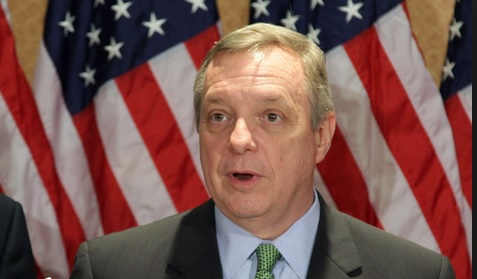US Senators Dick Durbin (D-IL), Tom Harkin (D-IA) and Al Franken (D-MN) are reintroducing the Fairness for Struggling Students Act of 2013 in an attempt to address issues surrounded the growing student loan debit crisis. Sources report student loan debt among college students surpasses $1 trillion last year and approximately $150 billion of outstanding student loan debt is in private loans.
The Fairness for Struggling Students Act proposes treating privately issued student loans in bankruptcy the same as other types of private debt. Since 1978, only government issues or guaranteed student loans have been treated as non-dischargeable during bankruptcy in order to safeguard federal investments in higher education. In 2005, the law was changed to give private loans the same privileged bankruptcy treatment as government loans, even though they have vastly different terms and fewer consumer protections.
 The differences between private and federal student loans is distinct. Federal loans have fixed interest rates and offer consumer protections, deferment and forbearance in times of economic hardship, as well as manageable repayment options.
The differences between private and federal student loans is distinct. Federal loans have fixed interest rates and offer consumer protections, deferment and forbearance in times of economic hardship, as well as manageable repayment options.
Private student loans often resemble credit cards rather than financial aid with uncapped variable interest rates, large origination fees and few consumer protections. Private loans are ineligible for federal forgiveness, cancellation or repayment programs.
If the Act is passed, private student loans will once again be dischargeable in bankruptcy.

